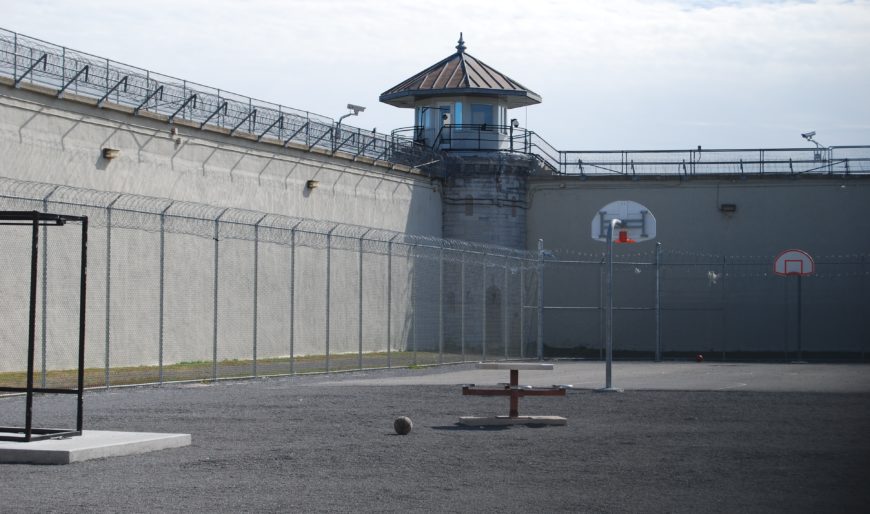Years of austerity creating “chaos” in prisons
Years of cutbacks to prison funding have led to a mass exodus of experienced staff that is causing "chaos" and "putting the public at risk", experts have said.

The Institute for Government reports that spending on the prison system has fallen 16% in real terms since 2009. Struggling in an underfunded service, prison officers have voted with their feet, with a 109% increase in resignations between 2016 and 2018. Since 2010, around 80,000 years of experience has been stripped from the workforce, as veterans are replaced with new recruits.
Former Prison Governor, Phil O’Brien, told the Independent that losing experienced staff had left prisons trying to cope with too few officers and too little training between them, increasing the levels of violence and drug use. In these poor conditions, new recruits are difficult to retain.
“There are consequences. People are dying in jail, and if you look at the reasons given at inquests it’s the same things that crop up time after time,” he said.
“Bullying, violence, shortages of suitable staff, lack of training, poor record-keeping and communication between officers and medical staff, inadequate risk assessments and often poor emergency responses to situations.”
Mark Fairhurst, National Chair of the Prison Officers’ Association (POA), told the newspaper that intelligence-gathering – vital to the safety of prisoners and staff – has been taken out of the hands of officers and left to “unskilled civilians”, working only during office hours.
Speaking in Parliament, Shadow Justice Secretary Richard Burgon, said the loss of experienced staff in prisons demonstrates “the long term damage that Conservative austerity policies have done to our prisons system … This is vital experience, built up over the decades, that has been lost for good and which our prisons will take years to recover from.”
Director of Campaigns for the Howard League for Penal Reform, Andrew Neilson, told the Independent that prisons are experiencing “high levels of violence” and “assaults on staff”.
“The well-documented problems in prisons are caused by a toxic cocktail of overcrowding and staff shortages, and that isn’t just shortages in terms of numbers of staff, it is also about the shortage of staff experience that is now in place,” he explained.
“The loss of staff experience contributes to that chaos and that chaos ultimately will mean that the period in prison if anything is just going to make things worse,” he added.




